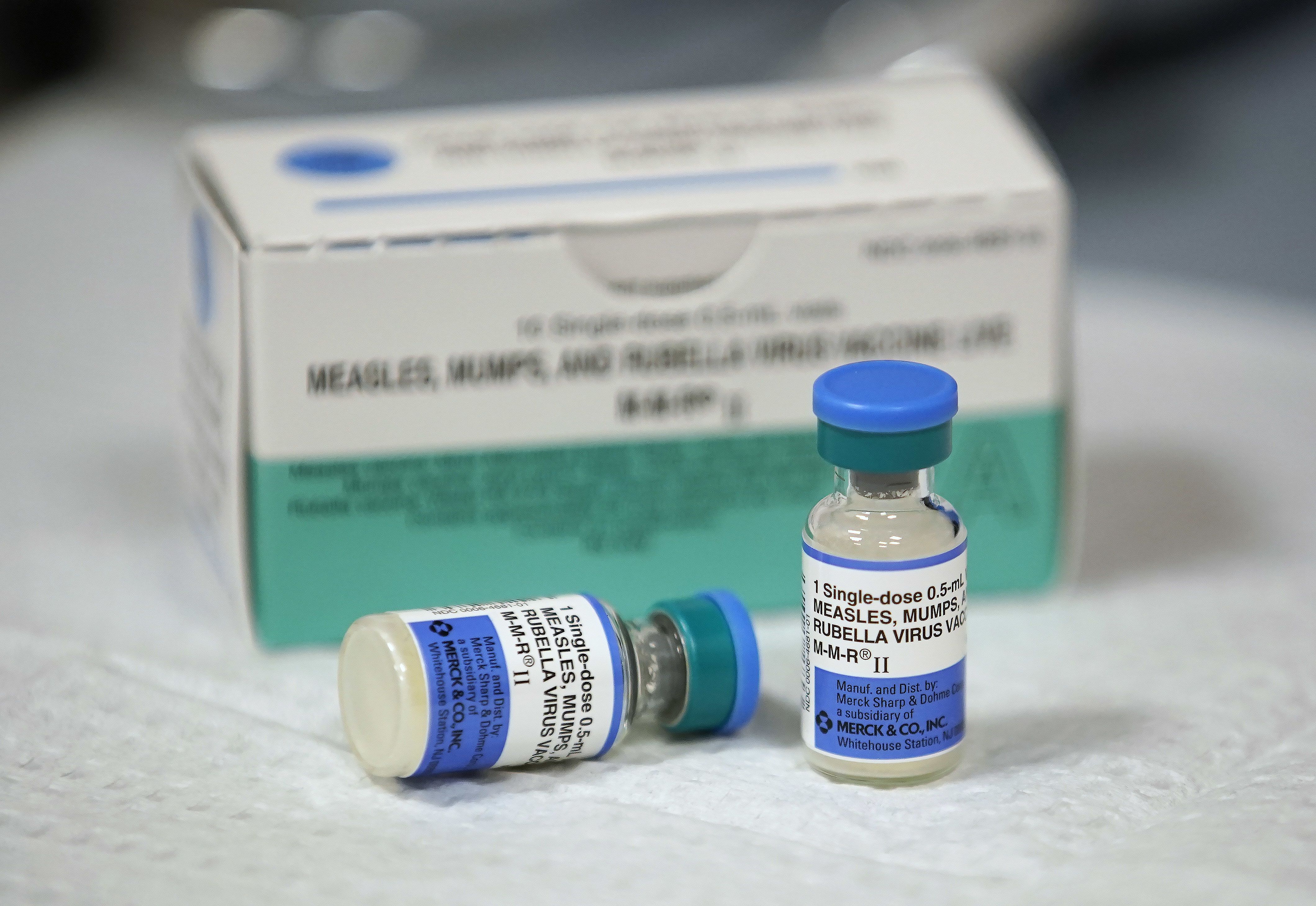Is a Basic Blood Test Capable of Predicting the Risk of Stroke and Brain Vascular Problems?

New research hints at the potential for a blood test that could forecast the likelihood of experiencing a stroke or cognitive decline down the road.
Researchers have identified a network of inflammatory molecules in the blood that could be instrumental in gauging an individual’s risk of developing cerebral small vessel disease (CSVD), a common culprit behind strokes and cognitive impairment.
This advancement could be particularly significant considering that the current method for diagnosing CSVD relies on MRI scans, coupled with risk assessments based on factors like family history and lifestyle habits.
The study zeroes in on a group of inflammatory molecules called interleukin-18 (IL-18) network, known for their association with CSVD and stroke. However, measuring these molecules has been challenging due to their fluctuation in response to various immune stimuli.
Using data from the long-running Framingham Heart Study, researchers analyzed blood samples and MRI scans from over 2,200 participants aged 45 and above. By correlating blood markers with stroke risk, they were able to develop a scoring model that could predict the likelihood of stroke occurrence.
Individuals scoring in the highest quartile faced an 84% lifetime risk of stroke, while those with elevated scores experienced a 51% risk.
CSVD, the focus of the study, involves progressive damage to small arteries in the brain, often leading to silent yet significant health risks, such as stroke and cognitive decline.
Experts emphasize the complexity of predicting CSVD due to its multifaceted nature, involving factors like blood-brain barrier function and vascular integrity.
While the study represents a promising step forward, further research is needed to refine the predictive accuracy of blood markers and ensure their clinical viability. Additionally, understanding these markers’ dynamics in a diverse population remains a crucial area of exploration.



